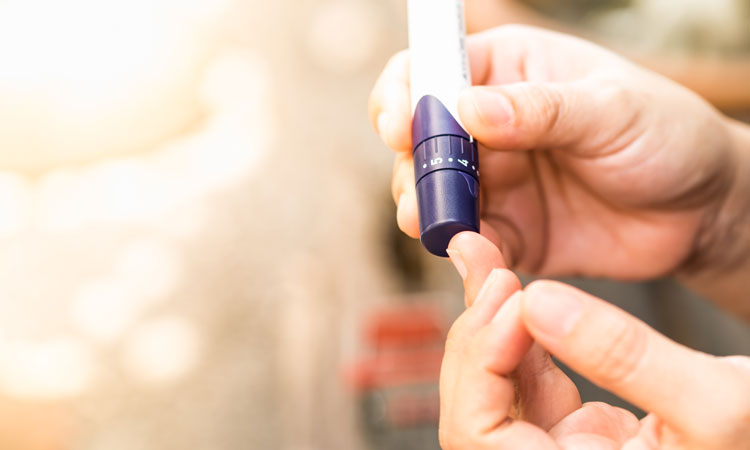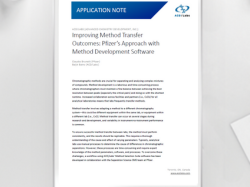First interoperable, automated insulin dosing controller authorised by FDA
Posted: 24 December 2019 | European Pharmaceutical Review | No comments yet
The FDA has authorised the first interoperable, automated insulin dosing controller designed to allow more choices for patients looking to customise their diabetes management.


The marketing of the Tandem Diabetes Care Control-IQ Technology has been authorised by the US Food and Drug Administration (FDA). This is an interoperable automated glycemic controller device that automatically adjusts insulin delivery to a person with diabetes by connecting to an alternate controller-enabled insulin pump (ACE pump) and integrated continuous glucose monitor (iCGM).
This is the first such controller that can be used with other diabetes devices that are also designed to be integrated into a customisable diabetes management system for automated insulin delivery, the FDA said, and paves the way for iCGMs and ACE pumps to be used with an interoperable automated glycemic controller as a complete automated insulin dosing (AID) system.
AID systems typically consist of a pump, CGM and software to control the system of compatible devices.
“Today’s action continues the agency’s ongoing efforts to work with the diabetes community to help ensure the safety and efficacy of innovative and customisable diabetes management systems that may help patients better tailor their treatments to their individual needs,” said Tim Stenzel, MD, PhD, Director of the Office of In Vitro Diagnostics and Radiological Health in the FDA’s Center for Devices and Radiological Health. “The marketing authorisation of this first stand-alone interoperable automated glycemic controller also allows substantially equivalent controller technologies that are developed for diabetes in the future to go through the 510(k) review process, helping to promote timely patient access to innovative technologies that can improve their care and quality of life.”
The Control-IQ Technology controller is a new type of glycemic controller that when used as a system with compatible iCGMs and ACE pumps can be used by patients with type 1 diabetes to automatically increase, decrease and suspend delivery of basal insulin to the patient based on insulin delivery history, iCGM readings and predicted glucose values.
The controller can also automatically deliver a specific amount of insulin when the glucose value is predicted to exceed a predefined amount.
Other software to automatically control insulin delivery has previously been approved by the FDA as part of a single, predefined diabetes management system (as a class III, high-risk device). The Control-IQ Technology controller is designed to communicate with other compatible diabetes device components that are also designed to be integrated into a modular system.
The FDA has said it is also establishing special controls which outline specific regulatory requirements that, when met along with general controls, provide a reasonable assurance of device safety and effectiveness for devices of this type. For this device, those controls include requirements related to reliability, device interoperability, cyber-security, and clinical relevance.
With the authorisation of the interoperable Control-IQ Technology controller and the establishment of these special controls, the FDA has said it has created a new regulatory classification for this type of device, which means that subsequent devices of the same type with the same intended use may go through FDA’s 510(k) premarket process, whereby devices can obtain marketing authorisation by demonstrating substantial equivalence to a predicate device.
The FDA granted marketing authorisation of the Control-IQ Technology controller to Tandem Diabetes Care Inc.
Related topics
Drug Delivery Systems, Drug Safety, Personalised medicine, Regulation & Legislation, Research & Development (R&D)
Related organisations
Tandem Diabetes Care Inc, US Food and Drug Administration (FDA)









